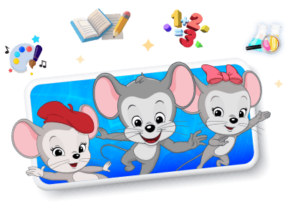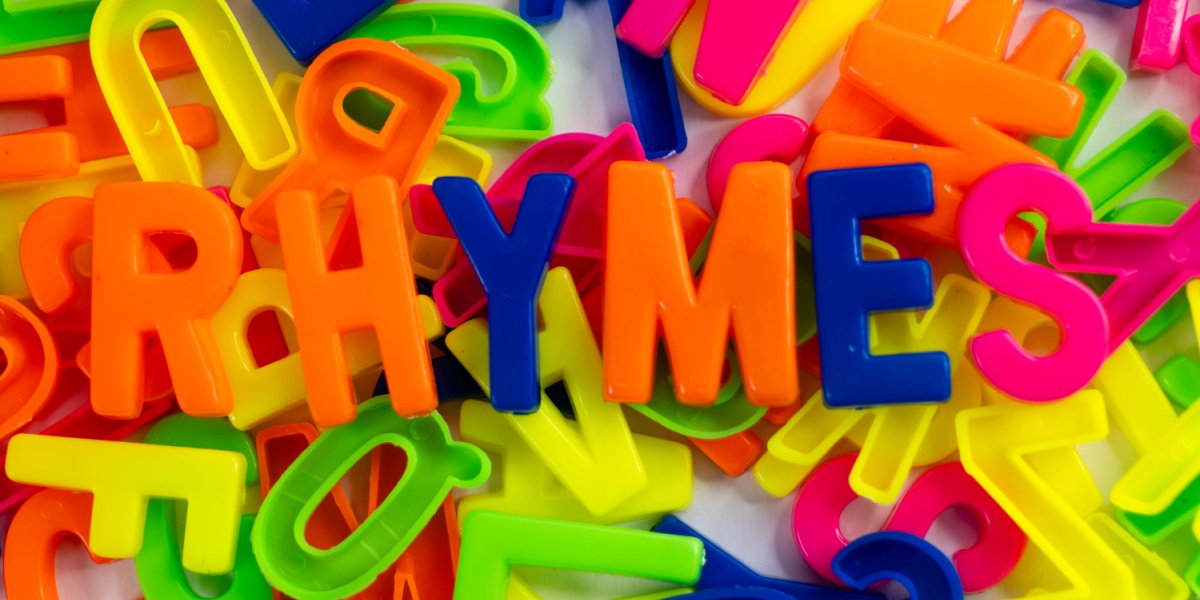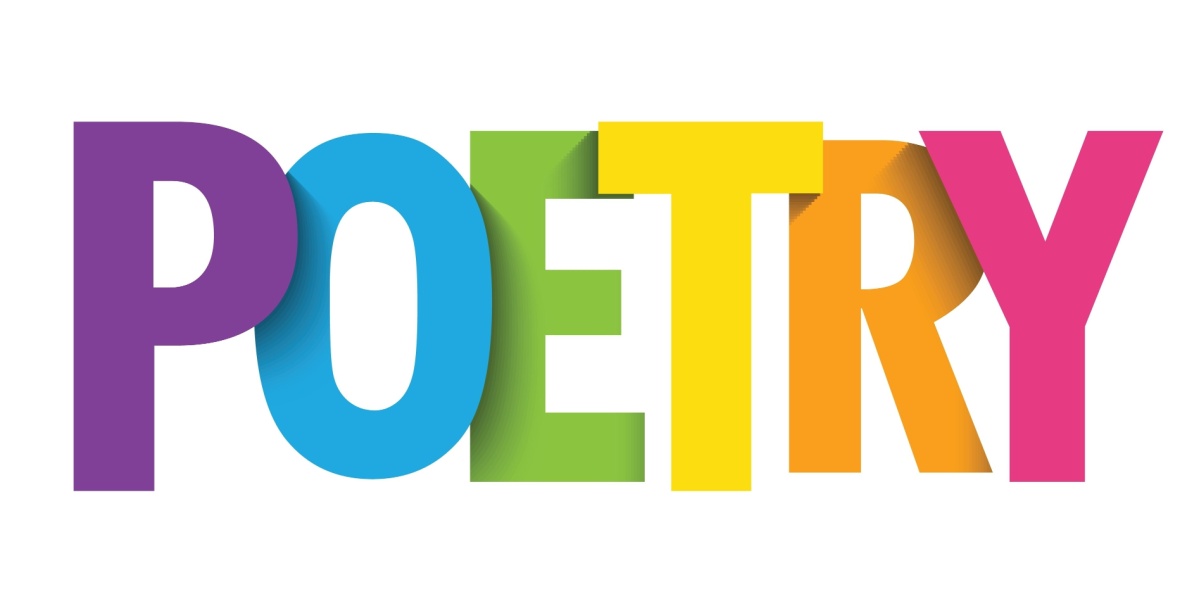
What is Charlotte Mason Homeschooling?
Get insights on this popular approach to learning and how to incorporate it into your homeschool.
Charlotte Mason was a British educator and author in the late 1800s and early 1900s. Often recognized as the pioneer of home education, her philosophy and practical methods are widely used in homeschooling programs today.
Charlotte Mason believed that education was meant for the whole child–not just their mind. She emphasized the importance of exposing children to a vast array of subjects, thoughts, and ideas.
In addition to the usual academic subjects, Charlotte encouraged nature studies, handicrafts (sewing, weaving, knitting, woodworking), art, and music for a broad scope of learning.
According to Charlotte Mason, children deserve gentle, loving instruction combined with dignity and respect as an individual.
This compassionate, individualized approach allows the Charlotte Mason homeschool curriculum to work well with children of all ages, learning types, and needs. In Charlotte Mason homeschooling, education doesn’t have an end goal of graduation–the goal is to create a life-long love of learning.
What is the Charlotte Mason homeschool method?
The Charlotte Mason homeschool method believes that a child’s education can be divided into and balanced around three parts:
- Atmosphere:
A child’s home environment, parenting, the surroundings in which they’re raised, and how they’re treated are more important than their physical environment or classroom.
- Discipline:
Charlotte Mason stressed the importance of forming good habits early in education, which then transfer to adulthood.
- Life:
Charlotte Mason was passionate about bringing learning to life with books, thoughts, and ideas–not just dry facts. Children learn best when they can develop their own relationships with what they’re learning and draw connections between life and learning.
A typical day of homeschooling with the Charlotte Mason method includes ample time reading and relaying of stories; journaling and dictation; exploring outdoors; fostering art and music appreciation, and more.
Is there a Charlotte Mason homeschool curriculum?
There is no single curriculum that is officially endorsed by the Charlotte Mason method of homeschooling. The Charlotte Mason approach emphasizes a wide range of educational experiences and encourages families to tailor their curriculum to meet the unique needs and interests of each child.

However, there are many resources available that are inspired by the Charlotte Mason philosophy, such as living books, nature study guides, and art and music appreciation resources.
Homeschooling families can use these resources to create a personalized and holistic curriculum that aligns with the Charlotte Mason approach.
What are living books?
“Living books” are books about people’s lives, written by passionate experts that make their stories come alive. These include biographies, fiction or historical fiction, classics, poetry, and fairy tales. Examples include Little House on the Prairie, The Adventures of Tom Sawyer, Shakespeare, and Harry Potter.
What are the main proponents of the Charlotte Mason homeschool curriculum?
- Good habits are essential to the success of the student.
- Charlotte Mason stressed the need for short lessons (only 5-15 minutes for young students and 45 minutes for older students).
- Children should have access to high-quality literature or “living books.”
- Children should study nature by spending time outside.
- Charlotte Mason emphasized the importance of narration–young children should be able to clearly tell a story orally and later, around age 10, master written narration.
- Dictation is also important to learning as it encourages students to visually learn spelling, grammar, and punctuation through repetition.
What are some other key elements of Charlotte Mason homeschooling?
Charlotte warned against the overuse of lectures and overemphasis on grades. Charlotte Mason’s schools didn’t give out grades because grades shouldn’t be the motivation for learning. Rather, students’ work is deemed acceptable or unacceptable based on expectations of the individual child’s educational journey.

Charlotte Mason also believed that children are born with personalities and needed to be treated and educated as a whole person, including mind, body, soul, and spirit. Additionally, Charlotte Mason felt children should be treated with respect. While authority figures are important for children, even those in authority needed to treat children with kindness and dignity.
The Charlotte Mason philosophy also supports the idea of letting children make their own connections while learning. Educators can supply learning materials and lessons, but the children are the ones who ultimately find how they all fit together.
Is Charlotte Mason homeschooling right for my family?
Whether you fully commit to this style of homeschooling or bring in a few elements, many components of the Charlotte Mason method appeal to homeschoolers. If your students appreciate learning outdoors and reading narrative books, this approach to homeschooling may align with your family’s interests.

The Charlotte Mason method also emphasizes copywork, meaning students spend time practicing handwriting, often by transcribing a poem or other piece of literature. Lessons are typically shorter and spelling and grammar are usually practiced through dictation. Students can become good at self expression through the writing and journaling that’s part of this homeschooling style.
Support Your Homeschool with ABCmouse and Adventure Academy
Our digital learning programs are designed by curriculum experts to assist your homeschool and children ages 2 through 13. ABCmouse is a comprehensive online educational platform for children ages 2-8, while Adventure Academy focuses on children ages 8-13. Both programs provide access to lessons on reading, language arts, math, sciences, social studies, and more. Learn more about how each program can enhance your homeschool below.
ABCmouse and Homeschooling
ABCmouse offers over 10,000 learning activities and more than 850 lessons for children, plus a large digital library of books and educational puzzles, songs, activities, and worksheets. The program encourages self-paced learning with motivating rewards and includes progress tracking, which allows home educators to monitor time spent on certain subjects and the number of activities completed.

Then just $14.99/mo. until canceled
As a paid add-on to regular subscriptions, home educators can access the Assessment Center, which allows parents and caregivers to test children on their knowledge, determine successes and struggles, and receive recommended lessons based on assessments.
ABCmouse provides a robust curriculum that can supplement other early learning lessons. It’s trusted resource that’s been downloaded over 10 million times and has a 4.5-star average out of 831.4K ratings.
Adventure Academy and Homeschooling
Adventure Academy combines an interactive world with a curriculum covering reading, language arts, math, science, and social studies. With quests, games, and educational videos and activities, learning becomes an epic journey that motivates kids to explore various topics.
For homeschooling families, Adventure Academy offers an engaging, flexible learning experience that can supplement other educational materials. The program features thousands of activities created by curriculum experts and covers all major academic domains.
Parents and caregivers can choose academic difficulty levels and track each child’s progress, seeing time spent in Adventure Academy, activities completed, and subjects studied.
Adventure Academy emphasizes key topics such as reading comprehension, vocabulary development, mathematical operations, fractions, world geography, American history, physical science, life science, earth science, and scientific inquiry.
For more information, visit AdventureAcademy.com.
More from ABCmouse:
-
Rhyming Schemes for Kids with Examples
Learn what a rhyme scheme is, see examples from poems and nursery rhymes, and discover fun activities to help kids recognize and practice rhyming patterns.
-
Why Rhyming is Important? (Tips for Teaching)
Discover why rhyming is key for early literacy and how it helps kids develop phonemic awareness. Get expert insights and fun activities to teach rhyming.
-
Rhyming Couplets – With Definitions and Examples
Discover rhyming couplets with fun examples, poetry styles, and engaging activities for kids. Explore famous poems and creative ways to learn rhyme!
-
Easy Ways to Teach Blending Words
Teach young readers to blend words with these fun strategies and activities! Discover phonics blending techniques, examples, and hands-on learning tips.
-
Best Rhyming Books for Young Readers
Discover 50 engaging rhyming books for toddlers to second graders! Boost early literacy skills, enjoy playful language, and make reading even more fun.
-
How to Teach One to One Correspondence Made Easy
Discover play-based activities and tips to teach one-to-one correspondence, a key math concept, to preschoolers in fun and engaging ways.







